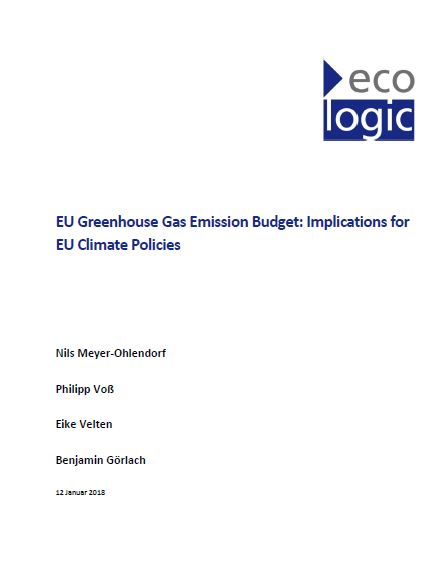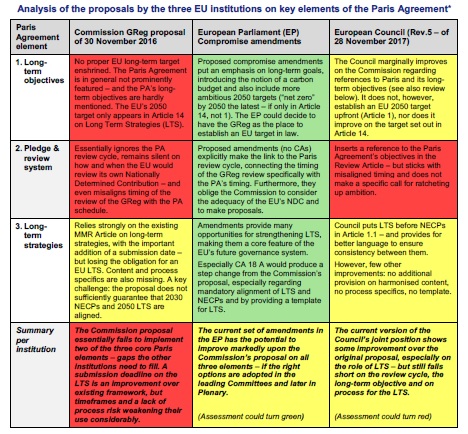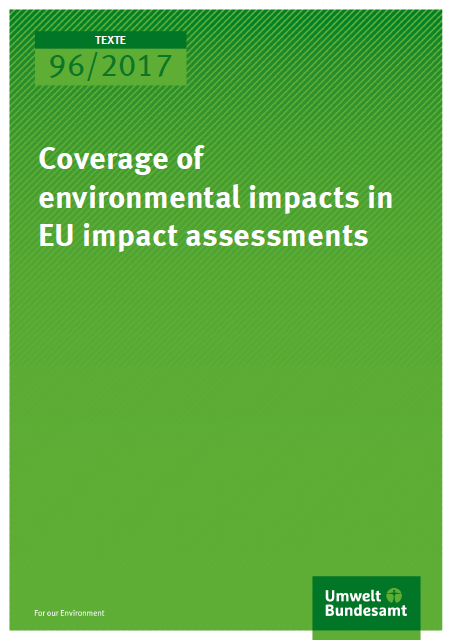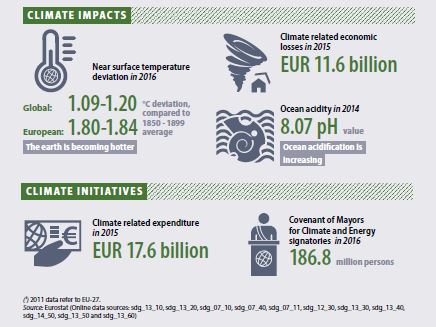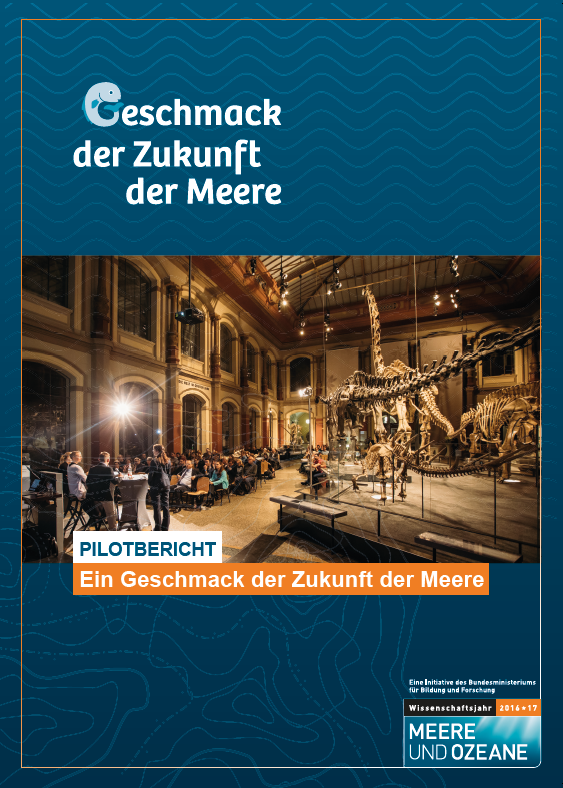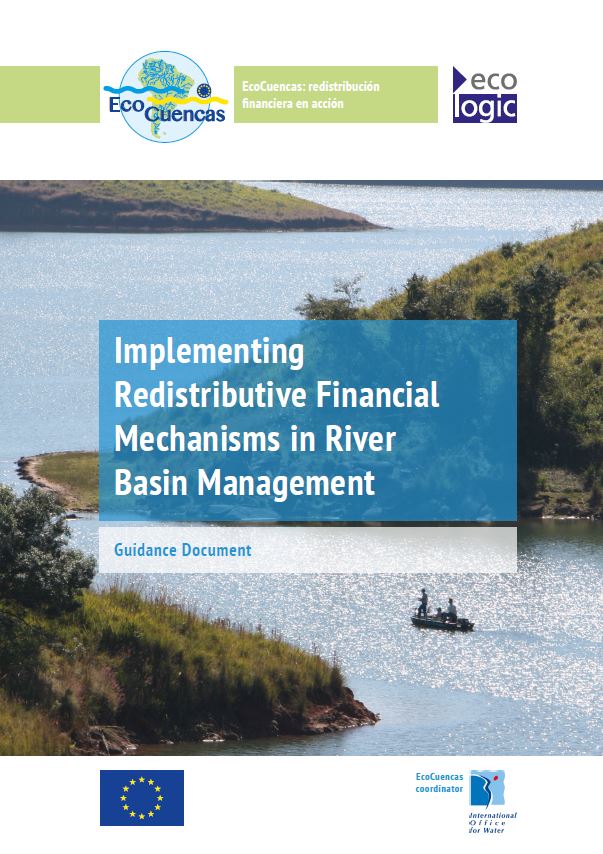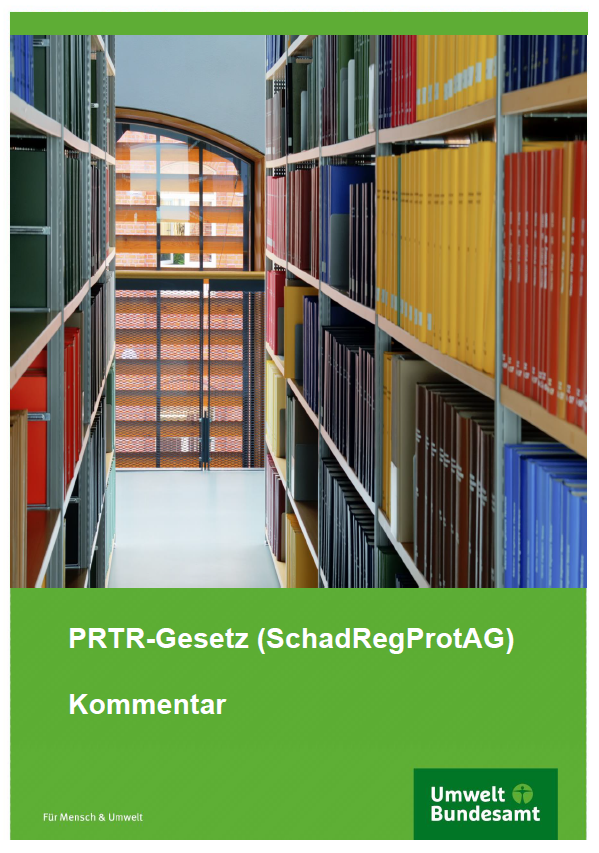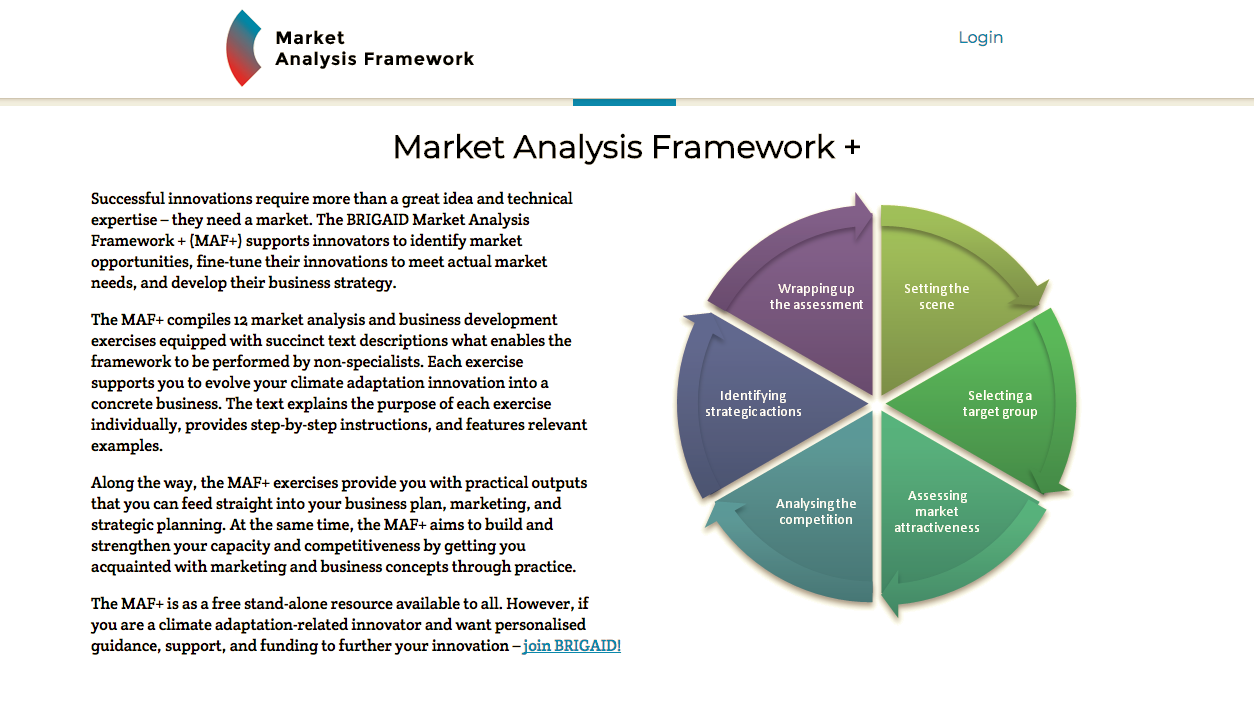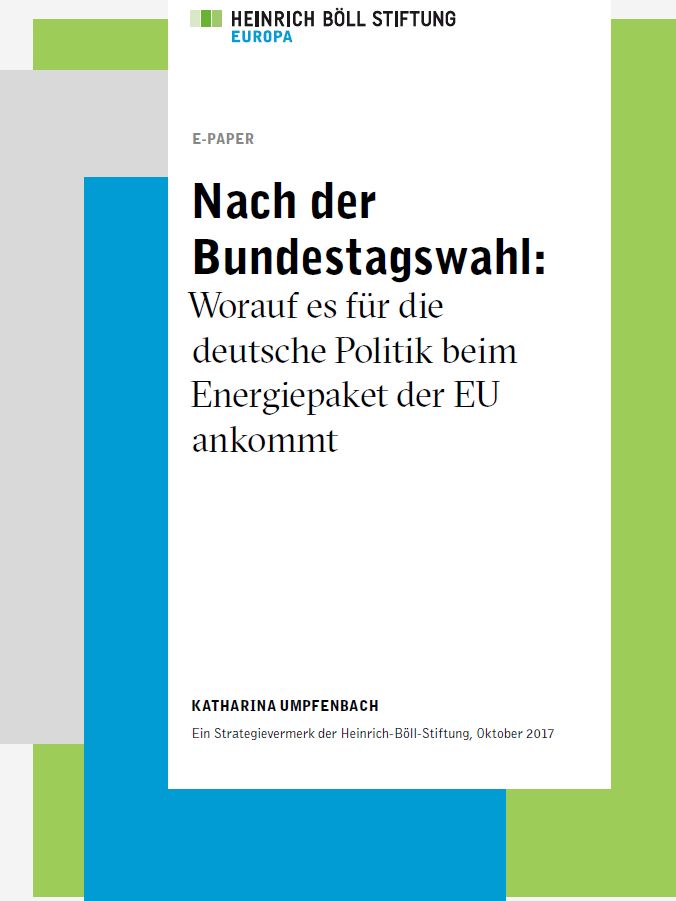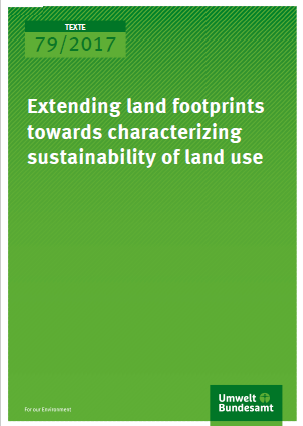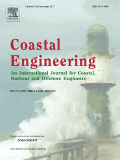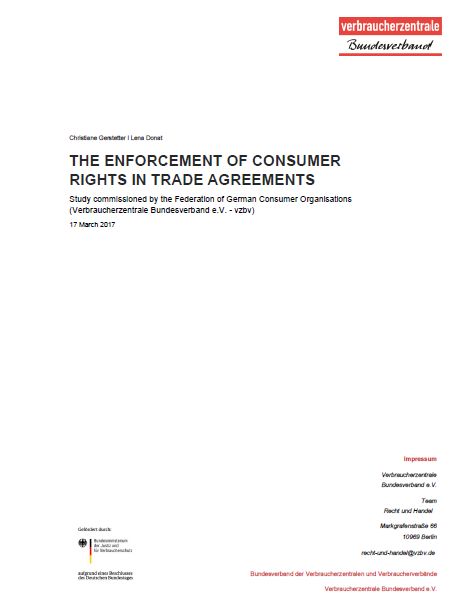Publication:Report
Publication:Report
Publication:Report
Happy Birthday, Paris Agreement! Here is how the EU will be celebrating
State of play on the negotiations on the Energy Union Governance Regulation on three core elements of the Paris Agreement
Year
Read morePublication:Report
Publication:Report
Sustainable Development in the European Union – 2017 Overview
Overview of Progress Towards the SDGs in an EU Context
Year
Read morePublication:Report
Pilotbericht "Ein Geschmack der Zukunft der Meere"
Project report and how-to guide for organising popular scientific events on sustainable consumption
Year
Read morePublication:Report
Implementing Redistributive Financial Mechanisms in River Basin Management
Guidance Document
Year
Read morePublication:Report
"Paris Compatible" Governance: long-term policy frameworks to drive transformational change
A comparative analysis of national & sub-national case studies
Year
Read morePublication:Report
Publication:Report
Review of Policy Requirements and Financing Instruments (for fishfriendly hydropower)
Deliverable 5.1 H2020 Research project FIThydro
Year
Read morePublication:Report
Publication:Report
Publication:Report
Publication:Report
Publication:Report
